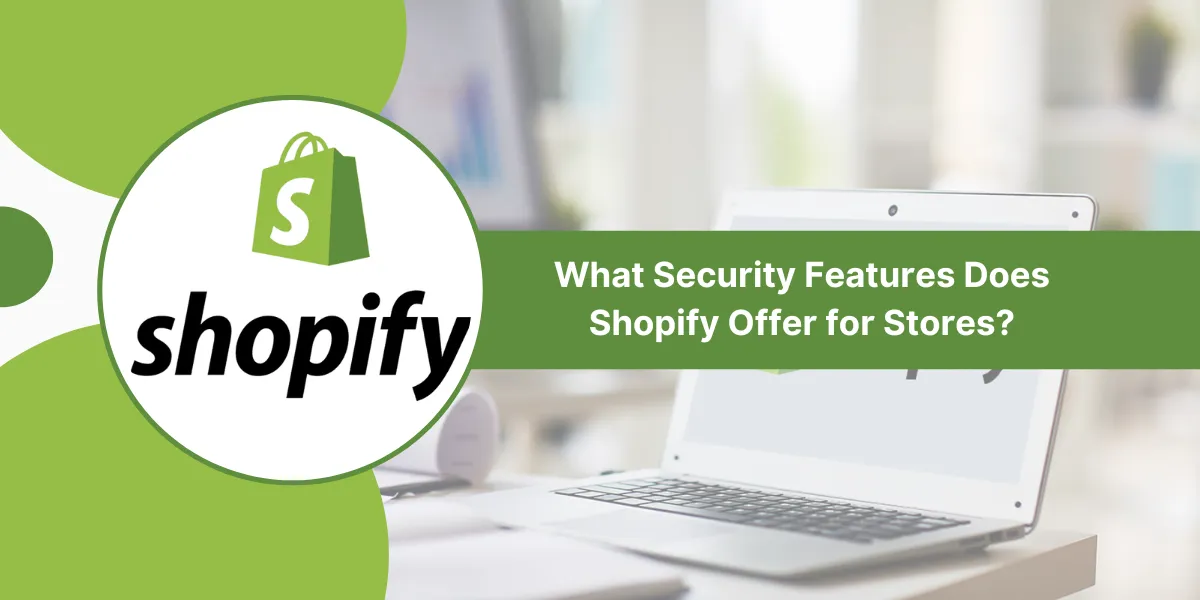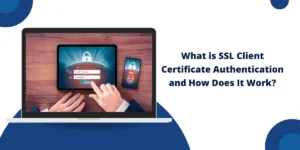Shopify provides multiple security features to protect online stores and customer data. The platform includes SSL encryption for all transactions, PCI-DSS compliance for secure payment processing, and fraud analysis tools to detect suspicious orders. Store owners get automatic security updates, data backups, and two-factor authentication for account protection. Shopify monitors stores 24/7 for malware and maintains secure cloud hosting with DDoS protection.
The platform offers password protection for private stores, staff permission controls, and secure customer data storage. These security measures help store owners maintain a safe shopping environment and protect sensitive information.
The following guide examines Shopify security features which include payment security and data protection as well as fraud prevention and compliance standards to help you operate your store with confidence.
8 Key Security Features Shopify Offers for Online Stores
- PCI DSS Compliance (Secure Payment Processing)
- SSL Certificates (Encrypted Data Transfer)
- Fraud Prevention Tools
- Two-Factor Authentication (2FA) for Admin Access
- Automatic Backups & Data Security
- Secure Checkout & Tokenization
- App Security & Review Process
- Regular Security Updates & Bug Bounty Program
1. PCI DSS Compliance (Secure Payment Processing)
The online payment processing standard of Shopify reaches Level 1 PCI DSS compliance which represents the highest security level. This means:
- All transactions are encrypted (using SSL/TLS).
- Shopify stores do not store credit card information on their servers except when using Shopify Payments.
- Security audits perform regular checks to maintain global financial regulatory compliance.
For maximum security always select Shopify Payments as your payment gateway rather than third-party gateways.
2. SSL Certificates (Encrypted Data Transfer)
Each Shopify store receives automatic SSL certificate encryption at no additional cost.
- The connection between customer browsers and Shopify servers remains encrypted through this system.
- Shopify stores display a Tune icon in browser address bars which enhances customer trust.
- Protects sensitive information (login details, payment info).
Note: SSL encryption is automatically applied by Shopify to all custom domain websites.
3. Fraud Prevention Tools
Shopify provides built-in fraud detection tools which help merchants reduce chargebacks and scams:
The Shopify Fraud Analysis system uses behavioral patterns to identify orders that seem risky. Real-time transaction analysis is performed by Machine Learning Algorithms. The system allows manual review of uncertain orders before you complete their fulfillment.
Pro Tip: Signifyd and NoFraud serve as advanced protection options among third-party fraud apps.
4. Two-Factor Authentication (2FA) for Admin Access
The store owners and staff members of Shopify must use 2FA which demands two authentication steps.
- A password
- A verification code (via SMS or authenticator app like Google Authenticator)
The system maintains security even when passwords get compromised.
5. Automatic Backups & Data Security
Your store data receives automatic backups through Shopify which prevents important information from being lost.
- GDPR & CCPA Compliance: Ensures customer data privacy for EU & California users.
- DDoS Protection: Prevents malicious traffic overload attacks.
6. Secure Checkout & Tokenization
The payment system of Shopify operates through tokenization which replaces all sensitive payment information with tokens.
The 3D Secure Checkout system requires users to verify their transactions through an additional authentication process.
7. App Security & Review Process
All Shopify apps need to pass through a thorough security examination before they can be added to the Shopify App Store. The risk from harmful third-party applications remains minimal because of this process.
Recommendation: Install only apps that display high ratings and have verified developer profiles.
8. Regular Security Updates & Bug Bounty Program
The security team of Shopify works to fix platform vulnerabilities.
Their Bug Bounty Program gives rewards to ethical hackers who identify security weaknesses.
How to Maximize Security on Your Shopify Store
You must implement additional security measures beyond Shopify’s built-in protection features.
- All staff members should use strong passwords together with 2FA authentication.
- Avoid using third-party apps that are not listed in the Shopify App Store.
- Use Shopify fraud analysis tools to detect fraudulent orders.
- Keep software updated (themes, plugins).
Final Verdict: Is Shopify Secure?
Yes! Shopify provides enterprise-grade security which positions it as one of the safest e-commerce platforms. The platform provides PCI compliance and SSL encryption and fraud prevention and automatic updates which allow merchants to expand their business without security concerns.
The highest level of safety comes from following best security practices and staying aware of new threats.
Shopify Security Features FAQ:
Is Shopify secure for credit card payments?
Shopify provides PCI DSS compliant payment processing. The platform uses SSL encryption to protect customer data. All credit card information stays encrypted during transactions.
How does Shopify protect against fraud?
Shopify includes fraud analysis tools to detect suspicious orders. The system flags high-risk transactions automatically. Store owners receive alerts about potential fraudulent activities.
Can hackers access my Shopify store?
Shopify implements multiple security layers to prevent unauthorized access. Two-factor authentication adds extra protection. Regular security updates guard against new threats.
Does Shopify offer SSL certificates?
Shopify provides free SSL certificates to all stores. SSL encryption secures customer data transmission. The platform automatically installs and renews certificates.
What security features does Shopify offer for customer data?
Shopify stores customer data in secure, encrypted databases. The platform follows GDPR compliance standards. Users control their data access permissions.
How secure is Shopify’s checkout process?
Shopify checkout uses 256-bit SSL encryption. The system processes payments through secure payment gateways. Customer payment details remain protected throughout transactions.

Priya Mervana
 Verified Web Security Experts
Verified Web Security Experts
Priya Mervana is working at SSLInsights.com as a web security expert with over 10 years of experience writing about encryption, SSL certificates, and online privacy. She aims to make complex security topics easily understandable for everyday internet users.



